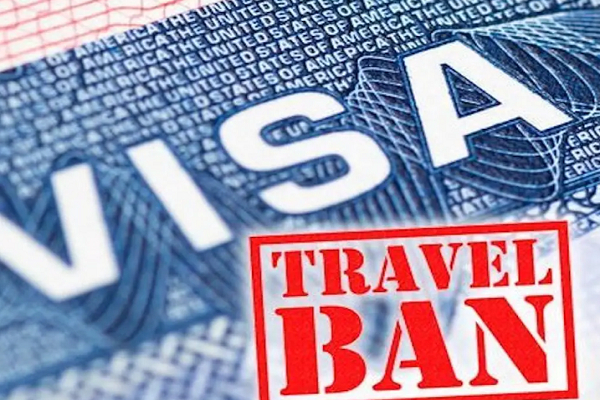The United States has issued a stern warning to Nigerian public officials, announcing that individuals involved in corruption, electoral malpractice, and anti-democratic practices will be denied American visas.
The move reinforces Washington’s commitment to promoting democracy, accountability, and the rule of law in Nigeria.
Zero-Tolerance Stand on Corruption
According to the US Mission in Abuja, theare part of a broader strategy to support Nigeria’s democratic institutions. Officials who undermine the electoral process, engage in financial crimes, vote buying, or abuse their offices will face direct consequences.
“The United States stands firmly with the Nigerian people in their demand for transparency, accountability, and good governance. We will not allow those who undermine democracy or engage in corruption to freely enjoy privileges of travel or residency in the United States,” the Mission stated.
Practical and Reputational Impact
Visa restrictions target what many see as an escape route for Nigeria’s elite—sending family abroad, investing in foreign assets, and seeking medical treatment or education overseas while failing to deliver quality governance at home.
Affected officials face:
- Significant inconvenience due to restricted travel
- Damage to international credibility and political careers
- Pressure to prioritize domestic accountability and service delivery
Complementing Local Anti-Corruption Efforts
The US visa ban complements Nigeria’s internal efforts by agencies such as the Economic and Financial Crimes Commission (EFCC) and the Independent Corrupt Practices and Other Related Offences Commission (ICPC). Although these bodies face criticism for selective prosecutions, the international sanction adds a layer of accountability.
Several countries, including the UK, have also imposed sanctions on corrupt officials, highlighting corruption as a transnational issue rather than a purely domestic problem.
Reactions and Implications
Civil society groups have welcomed the announcement as a strong statement against corruption. Youth activists argue that such sanctions are necessary to check politicians who often act with impunity. Some political elites expressed concerns over sovereignty, but many acknowledged the policy as a wake-up call for reform.
Analysts say the policy may serve as a deterrent ahead of future elections, sending a clear message that global observers are monitoring governance in Nigeria.
A Moral and Political Statement
Beyond travel restrictions, the US visa ban represents a moral and political stance against corruption, signaling that mismanagement of public resources and abuse of office carries international consequences. It reinforces that corruption not only weakens Nigeria internally but also damages its global reputation.
Whether the policy will spur lasting reform remains to be seen, but it underscores that the international community is closely watching Nigeria’s political elite.



